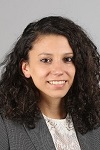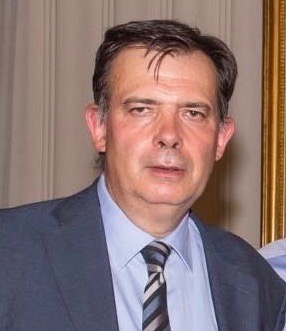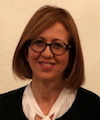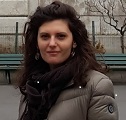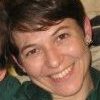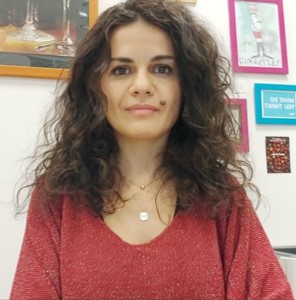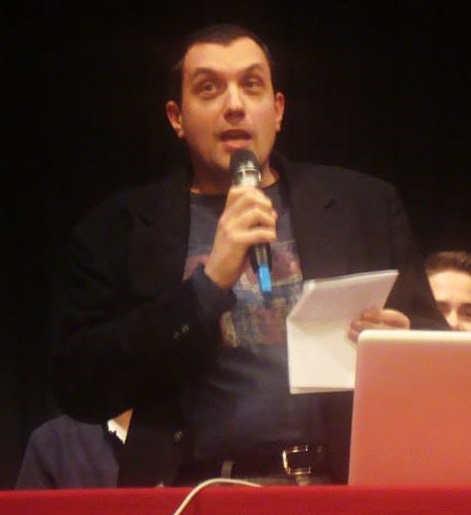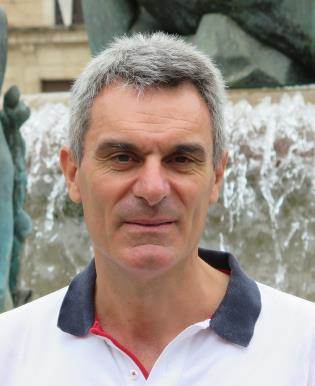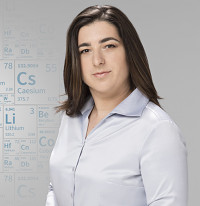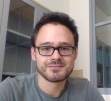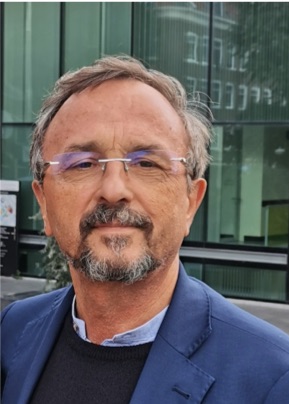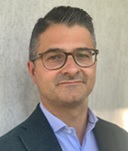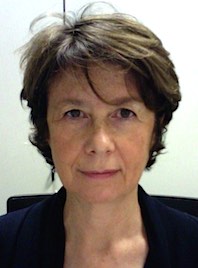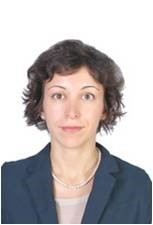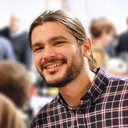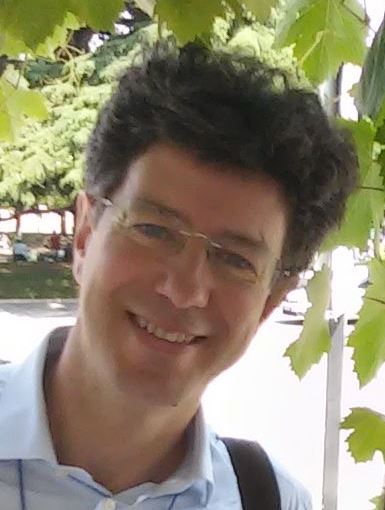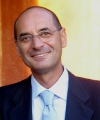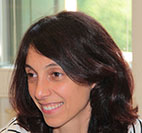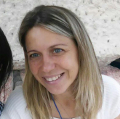Studying at the University of Verona
Here you can find information on the organisational aspects of the Programme, lecture timetables, learning activities and useful contact details for your time at the University, from enrolment to graduation.
Academic calendar
The academic calendar shows the deadlines and scheduled events that are relevant to students, teaching and technical-administrative staff of the University. Public holidays and University closures are also indicated. The academic year normally begins on 1 October each year and ends on 30 September of the following year.
Course calendar
The Academic Calendar sets out the degree programme lecture and exam timetables, as well as the relevant university closure dates..
| Period | From | To |
|---|---|---|
| I semestre | Oct 1, 2020 | Jan 29, 2021 |
| I semestre - 3° anno | Oct 26, 2020 | Jan 29, 2021 |
| II semestre | Mar 1, 2021 | Jun 11, 2021 |
| Session | From | To |
|---|---|---|
| Sessione invernale d'esame | Feb 1, 2021 | Feb 26, 2021 |
| Sessione estiva d'esame | Jun 14, 2021 | Jul 30, 2021 |
| Sessione autunnale d'esame | Sep 1, 2021 | Sep 30, 2021 |
| Session | From | To |
|---|---|---|
| Sessione di laurea estiva | Jul 23, 2021 | Jul 23, 2021 |
| Sessione di laurea autunnale | Oct 22, 2021 | Oct 22, 2021 |
| Sessione di laurea autunnale - Dicembre | Dec 10, 2021 | Dec 10, 2021 |
| Sessione di laurea invernale | Mar 18, 2022 | Mar 18, 2022 |
| Period | From | To |
|---|---|---|
| Festa dell'Immacolata | Dec 8, 2020 | Dec 8, 2020 |
| Vacanze Natalizie | Dec 24, 2020 | Jan 3, 2021 |
| Vacanze Pasquali | Apr 2, 2021 | Apr 5, 2021 |
| Festa del Santo Patrono | May 21, 2021 | May 21, 2021 |
| Festa della Repubblica | Jun 2, 2021 | Jun 2, 2021 |
| Vacanze Estive | Aug 9, 2021 | Aug 15, 2021 |
Exam calendar
Exam dates and rounds are managed by the relevant Science and Engineering Teaching and Student Services Unit.
To view all the exam sessions available, please use the Exam dashboard on ESSE3.
If you forgot your login details or have problems logging in, please contact the relevant IT HelpDesk, or check the login details recovery web page.
Should you have any doubts or questions, please check the Enrollment FAQs
Academic staff
Allegro Gianluca
 rossana.capuani@univr.it
rossana.capuani@univr.it
 bruno.gobbi@univr.it
bruno.gobbi@univr.it
 lorenzo.meneghini@univr.it
lorenzo.meneghini@univr.it
 chiara.nardon@univr.it
chiara.nardon@univr.it
 luca.pasetto@univr.it
luca.pasetto@univr.it
Study Plan
The Study Plan includes all modules, teaching and learning activities that each student will need to undertake during their time at the University.
Please select your Study Plan based on your enrollment year.
1° Year
| Modules | Credits | TAF | SSD |
|---|
2° Year activated in the A.Y. 2021/2022
| Modules | Credits | TAF | SSD |
|---|
3° Year activated in the A.Y. 2022/2023
| Modules | Credits | TAF | SSD |
|---|
| Modules | Credits | TAF | SSD |
|---|
| Modules | Credits | TAF | SSD |
|---|
| Modules | Credits | TAF | SSD |
|---|
Legend | Type of training activity (TTA)
TAF (Type of Educational Activity) All courses and activities are classified into different types of educational activities, indicated by a letter.
General and Inorganic Chemistry (2020/2021)
Teaching code
4S00136
Credits
6
Language
Italian
Scientific Disciplinary Sector (SSD)
CHIM/03 - GENERAL AND INORGANIC CHEMISTRY
The teaching is organized as follows:
Teoria
Laboratorio [Laboratorio 1° turno]
Laboratorio [Laboratorio 2° turno]
Learning outcomes
The course provides the fundamental concepts of General Chemistry and some basics of Inorganic Chemistry. Models and general concepts as means of justification and prediction of physical and chemical properties of systems of increasing degree of complexity (atoms, molecules, substances, multi-component systems) will be illustrated and discussed. Concepts and methods for predicting qualitative and quantitative changes of intensive and extensive properties of evolving chemical systems will be also considered. Example cases for managing situations of chemical interest will be illustrated. The course involves the performance of some laboratory experiences to provide manual and critical skills in dealing with chemical analyses, as well as to provide basic knowledge on the common equipment of a chemical laboratory and how to work in safety.
Program
Theory:
Introduction. Chemical and physical properties of matter and their measurements.
Elements, atoms and compounds.
Nomenclature of inorganic compounds.
Chemical reactions. Reaction stoichiometry.
Ideal gases. Mention to real gases.
Thermochemistry. Internal energy and enthalpy. Standard enthalpy of reaction and formation.
Atomic structure. Atomic orbitals. Electronic configuration, Aufbau principle.
Periodic properties: atomic and ionic radii, ionization energy, electron affinity, electronegativity.
Elementary notions on the ionic bond. Ionic compounds.
Covalent bond. Lewis formula. Resonance. Molecular geometry and polarity. Orbital hybridisation. Single and multiple bonds.
Interparticle forces.
Properties of liquids. Solutions. Colligative properties.
Chemical kinetics. Arrhenius equation. Reaction mechanisms.
Chemical equilibrium. Equilibrium constant.
Acid-base equilibrium. Acid, base and salt solutions. Acid-base titration. Buffer solutions.
Solubility equilibrium.
Entropy. Spontaneous processes. Gibbs free energy. Standard free energy of reaction and formation.
Laboratory experiments:
Determination of the hydrogen peroxide concentration in a commercial sample for pharmaceutical use
Determination of the number of water molecules in hydrate copper sulphate
Weak base-strong acid titration. Strong base-strong acid titration
Teaching modality:
The theory will be presented with the help of slides that will be projected on a screen and made available to the students on the Moodle platform. Example cases will be illustrated evidencing their salient points. Laboratory experiences will be delivered during the afternoon classes. Laboratory handouts will be made available to students on the Moodle platform. During the laboratory experiences, a tutor will allow be present to help students to perform the experiments, clarify the chemical concepts and process of the experience.
Bibliography
| Activity | Author | Title | Publishing house | Year | ISBN | Notes |
|---|---|---|---|---|---|---|
| Teoria | N. J. Tro | Chimica-un approccio molecolare | EdiSES | 2012 | ||
| Laboratorio | N. J. Tro | Chimica-un approccio molecolare | EdiSES | 2012 | ||
| Laboratorio | N. J. Tro | Chimica-un approccio molecolare | EdiSES | 2012 |
Examination Methods
The exam consists of a written test, including 18 questions on theory and 4 questions on stoichiometry exercises. All the 30 exercises are multiple choice questions. The exam is aimed at ascertaining the student's knowledge of the contents of the course. Particular attention will be given to the understanding of the concepts of general and inorganic chemistry.
For both attending and non-attending students the exam will focus on all the topics discussed during the theoretical part as well as on the part concerning laboratory experiences.
Type D and Type F activities
Le attività formative in ambito D o F comprendono gli insegnamenti impartiti presso l'Università di Verona o periodi di stage/tirocinio professionale.
Nella scelta delle attività di tipo D, gli studenti dovranno tener presente che in sede di approvazione si terrà conto della coerenza delle loro scelte con il progetto formativo del loro piano di studio e dell'adeguatezza delle motivazioni eventualmente fornite.
| years | Modules | TAF | Teacher |
|---|---|---|---|
| 3° | Cellar door wine tourism | D |
Claudia Bazzani
(Coordinator)
|
| 3° | Wine marketing | D |
Diego Begalli
(Coordinator)
|
| years | Modules | TAF | Teacher |
|---|---|---|---|
| 3° | Grape Biotechnology and Genomics | D |
Sara Zenoni
(Coordinator)
|
| years | Modules | TAF | Teacher |
|---|---|---|---|
| 1° | Subject requirements: mathematics, physics, chemistry and biology | D | Not yet assigned |
Career prospects
Module/Programme news
News for students
There you will find information, resources and services useful during your time at the University (Student’s exam record, your study plan on ESSE3, Distance Learning courses, university email account, office forms, administrative procedures, etc.). You can log into MyUnivr with your GIA login details: only in this way will you be able to receive notification of all the notices from your teachers and your secretariat via email and soon also via the Univr app.
Graduation
Attendance
As stated in the Teaching Regulations for the A.Y. 2022/2023, attendance is mandatory for practical and laboratory activities, unless otherwise determined by the Teaching Committee.
Documents
| Title | Info File |
|---|---|
|
|
pdf, it, 121 KB, 18/10/23 |

 +39 045 802 7949
+39 045 802 7949
